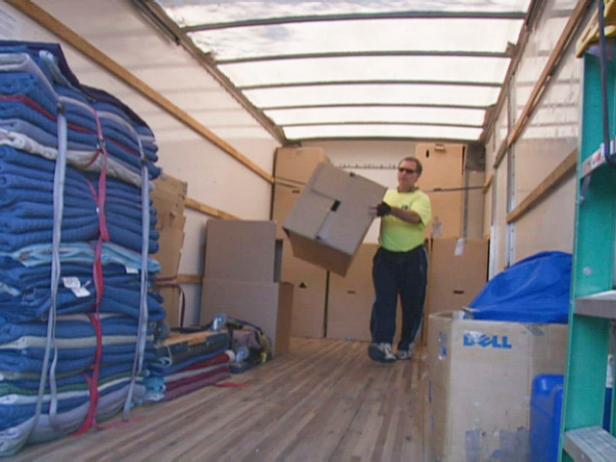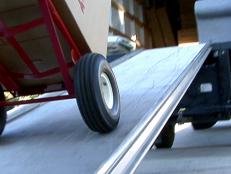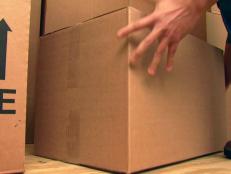Moving Insurance

Even with the most careful movers, accidents can happen. Though you're paying hundreds or thousands of dollars to get your stuff to your new home, typical moving insurance pays about 60 cents per pound for damaged goods. That means if your plasma TV breaks in transit, you'll be reimbursed about $60 -- even if you paid $800 for it last year.
You'll need to buy moving insurance to get the peace of mind that your goods will be replaced if broken. First, check your homeowner's insurance to see if it covers damages that occur in transit. If it doesn't, consider one of the following options:
Full value insurance. This type of insurance covers your whole shipment, so it's the most expensive. If anything is lost, damaged or destroyed, the movers can either offer to repair the item, reimburse you with cash or replace it with a similar item. This plan puts the most pressure on movers to get your stuff to its destination safely.
Some moving companies limit their liability for expensive items, so make sure to ask about your mover's policy before signing up. Also, make sure you notify the movers of any expensive items in your shipment to insure that they'll replace them if damaged.
Released value insurance. This is typical moving insurance that covers goods for 60 cents per pound. It's usually offered at little to no cost to you, but it also offers you little to no protection or peace of mind. If you choose to save money with the "I hope nothing gets broken" insurance policy, make sure to tell your mover. Otherwise, they may automatically charge you for a full value policy. Check your contract -- you may not be eligible for released value insurance if you pack your own moving boxes.
Third-party insurance. If you choose the mover's released value option, you may be able to get additional coverage from an outside company. With third-party coverage your mover is liable for 60 cents per pound of damaged goods. The insurance company would pay any remaining costs.














































